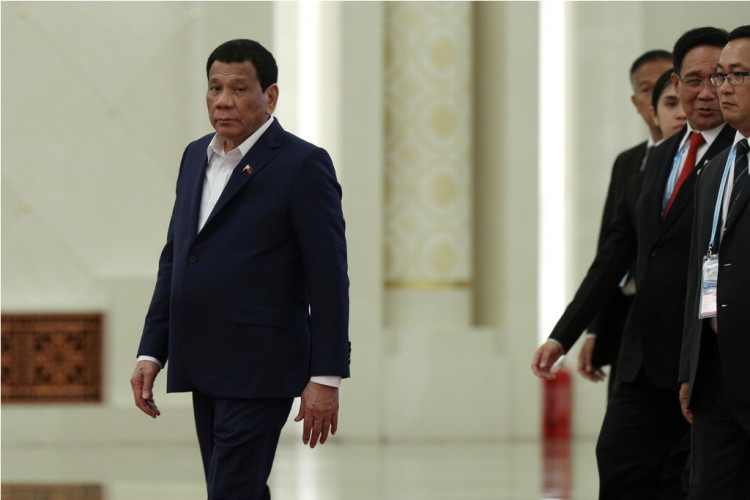The Philippines is not among the top countries worldwide that are expected to benefit significantly from the ongoing China-U.S. trade war but some analysts said there are ways through which the country can leverage on the situation.
The global slowdown has caused multiple central banks to ease up on interest rates. Bond yields have also started dropping over the last few months, resulting in lower debt costs. The Philippines has a massive infrastructure project underway and lower borrowing costs are crucial at this point for the country.
The U.S. dollar's consolidation is another advantage for the Philippine peso at the latter has retained stability amid other developing markets experiencing slipping bond yields. A report on Friday indicated that the Philippine peso is rising above other emerging currencies amid the global slowdown that has been troubling developed markets.
Goldman Sachs also recommended a "Buy" rating for both the Philippine peso and the Indian rupee. The agency said these two currencies can withstand trade wars between developed nations such as China and the United States.
Some economists noted that the Philippines could emerge as an unlikely beneficiary of the trade war if the government leverages on certain aspects of the economy that could propel growth.
Last week, Bangko Sentral ng Pilipinas (BSP) Governor Benjamin E. Diokno noted that he is "cautiously optimistic" of the Philippines' economy at this point. He said the government has laid out potential plans to curb the potential effects of external headwinds.
These plans include ongoing infrastructure projects across the country. Philippine President Rodrigo Duterte has also been enhancing the country's position in the global trade circle as it secured deals with a number of nations over the last few months.
"'Keeping our house in order' remains the first and best line of defense," Diokno warned, adding that the government is working to have more open policies regarding foreign direct investments (FDI) and trade.
Meanwhile, the BSP also said on Friday that banks are bullish of developments in the Philippine banking system despite global tensions that could affect national targets. In its latest survey of confidence in the country's finance circle, over 72 percent of respondents said they are expecting double digits in growth.
Furthermore, finance industry players indicated that they are expecting the country to expand its economy by around six to seven percent in the next two years as it adjusts to increased digitization and other banking developments.
The government has estimated economic growth to stand between six to seven percent this year and 6.5 to 7.5 percent by 2020.






